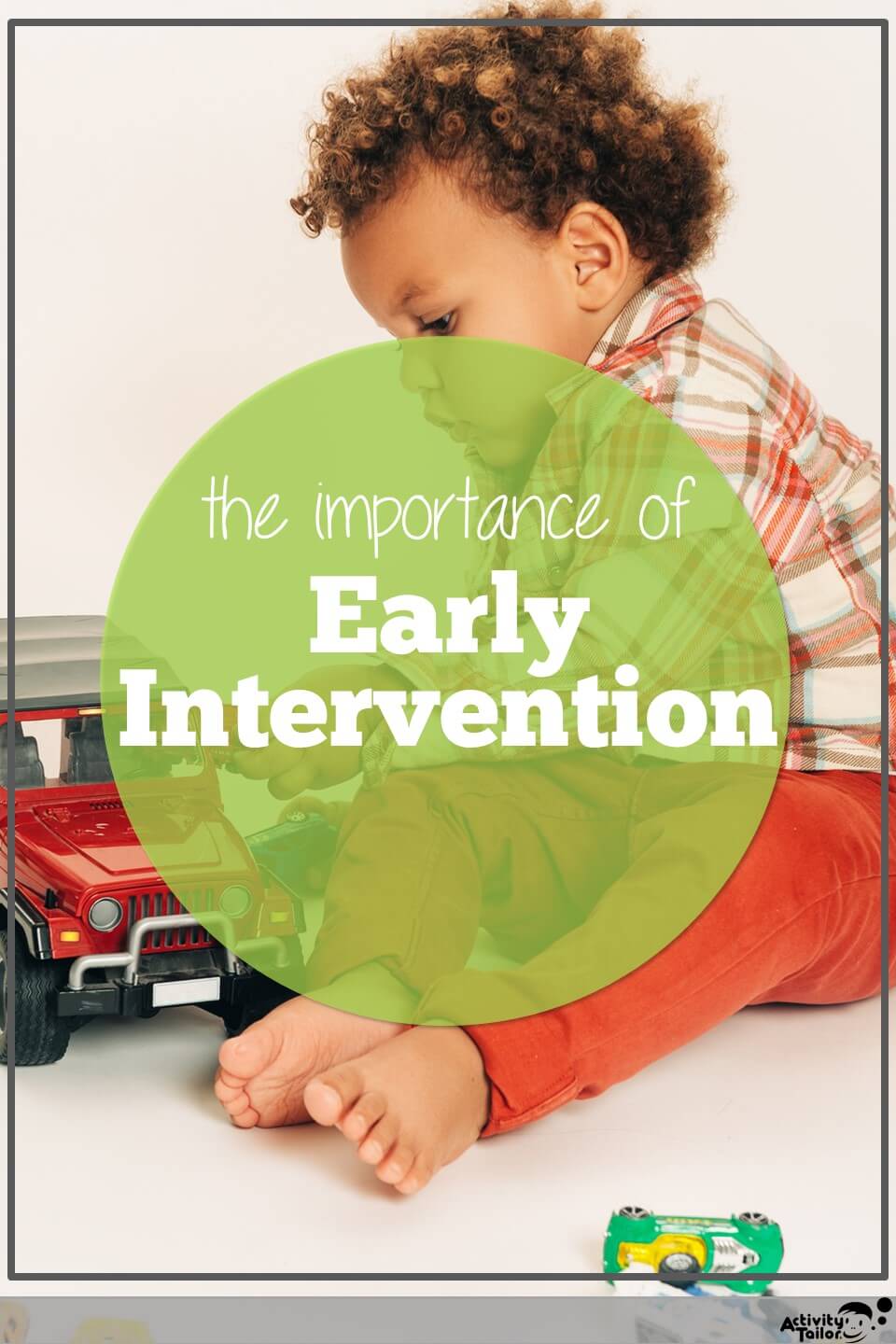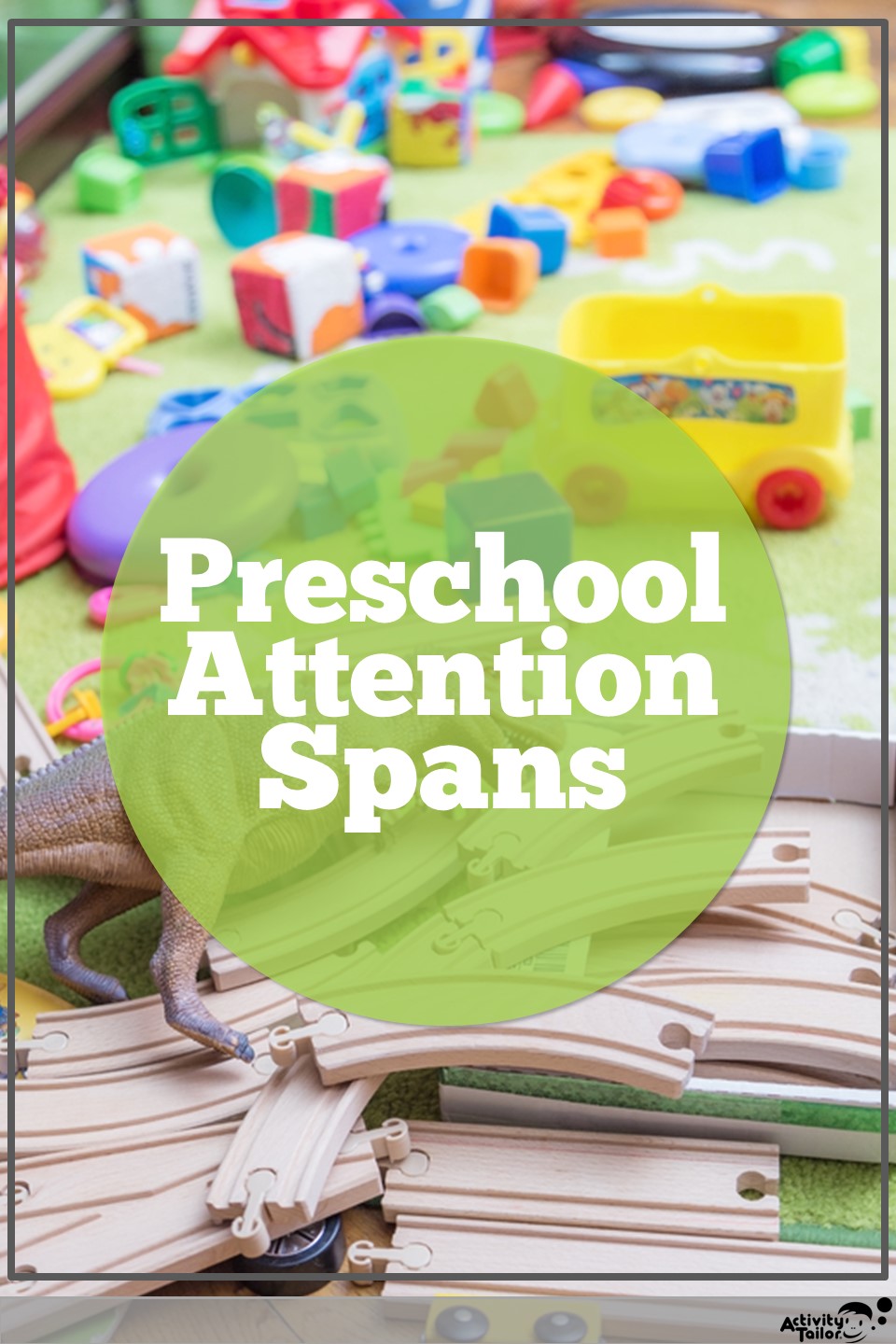
As a pediatric SLP, you understand the importance of gaining the trust and respect of your clients’ caregivers. Developing a strong rapport with parents is crucial for successful collaboration and implementation of treatment plans. While your (fabulous!) credentials may highlight your expertise, it’s your interpersonal skills and approach that will truly solidify your role as a trusted partner in a child’s communication journey. Read these 3 strategies you can begin to easily incorporate to build trust and respect with caregivers that lasts!
3 Ways to Build Trust and Respect with Caregivers
- Active Listening
- Respecting Caregivers as Experts
- Tailoring Your Approach
1. Active Listening
One of the first steps in building trust is actively listening to caregivers. When parents feel their concerns and needs are being heard, they are more likely to engage in the treatment process.
Active listening involves reflective listening, asking open-ended questions, and responding empathetically:
Reflective Listening
To show families that you hear and understand what they’re saying, repeat back what they share with you.
Example:
A parent expresses concerns about their child’s limited vocabulary. Respond with, “I hear you’re worried about X’s vocabulary development. Let’s explore this together!” You can also inform or remind parents how your current plan is already addressing their concerns or offer advice or appropriate referrals if concerns are not directly related to the treatment plan.
Ask Open-Ended Questions
Encourage parents to share more details by asking open-ended questions. Instead of simply nodding, prompt caregivers with questions like, “Can you tell me more about when you first noticed these concerns?”
Empathetic Responses
Always acknowledge and validate the feelings caregivers have. Express empathy by saying, “I understand that this is hard for you. Remember, we are on the same team and will work through this together to help your child be successful!”
By using these techniques to listen to parents actively, you demonstrate a genuine interest in their concerns and are laying the foundation for a strong partnership with them!

2. Respecting Caregivers as Experts
Next in the process of building trust and respect with caregivers, acknowledge the unique expertise parents bring to the table. While you are the expert on communication skills, parents are the experts on their children! Establishing mutual respect is crucial for a successful relationship together.
Express this respect by:
- Being Appreciative
- Sharing in Decision-Making
- Regularly Checking-In
Be Appreciative
Begin by expressing gratitude for the insights caregivers share with you. Intentionally acknowledge their role as the expert on their child by letting them know how important they are to the entire speech therapy process.
Share Decision-Making
Also, involve caregivers in the decision-making process. Discuss potential treatment options and goals, and ask for their input. This collaborative approach fosters a sense of partnership that is unmatched!
Regular Check-Ins
Throughout the treatment process, continually reaffirm to parents that you recognize and value their expertise. Regularly check-in with them to ensure that you hear their observations and thoughts. This also allows you to incorporate their feedback into the ongoing therapy plan.
As you intentionally involve parents in the entire therapy process, you are ensuring a more comprehensive and effective treatment approach for the child!
3. Tailoring Your Approach
Finally, demonstrate your knowledge and understanding of the child by tailoring your therapy style, activities, and materials to align with the child’s interests and preferences.
Use Preferred Toys and Special Interests
Based on what caregivers have shared with you, incorporate the child’s favorite toys and special interests into therapy sessions when possible. Whether it’s Paw Patrol, sea animals, or the letter G, using familiar elements creates a comfortable space for children. They’re also more likely to engage in therapy when they feel at ease.
Stay Flexible
Don’t forget to stay flexible. Use your creativity to adapt session goals, plans, and activities to best meet caregivers’ needs, clients’ interests, and your specialized expertise.
As you regularly check-in with parents, make sure you are staying up to date on their child’s special interests. As you know, kids’ interests can change suddenly, and no matter how hard to try to engage them with their favorite pirate game, some will absolutely not go on until you’ve added Spiderman to save the day!
Remember, the goal for successful therapy is going to look different for each family, and that’s okay!
Tools to Incorporate as You Build Respect and Trust with Caregivers
Consider using done-for-you resources to aid in your process of building respect and trust with caregivers. In this FREE guide, 4 Tips for Talking to Caregivers, you will find informative tips to enhance your communication skills and foster stronger connections with the families you serve. It also includes a parent questionnaire to incorporate into initial sessions.
Consider other Tips for Talking to Caregivers to improve your communication attempts too!

Your communication and interpersonal skills play a pivotal role in building connections with parents. As a pediatric SLP, your ability to establish trust and respect will not only impact the success of therapy sessions but also play an important piece in a child and family’s overall well-being!
You may also be interested in reading:
Difficult Conversations: When a Child Isn’t Making Progress
TOP 3 Tips SLPs Need to Know for Writing Progress Notes





